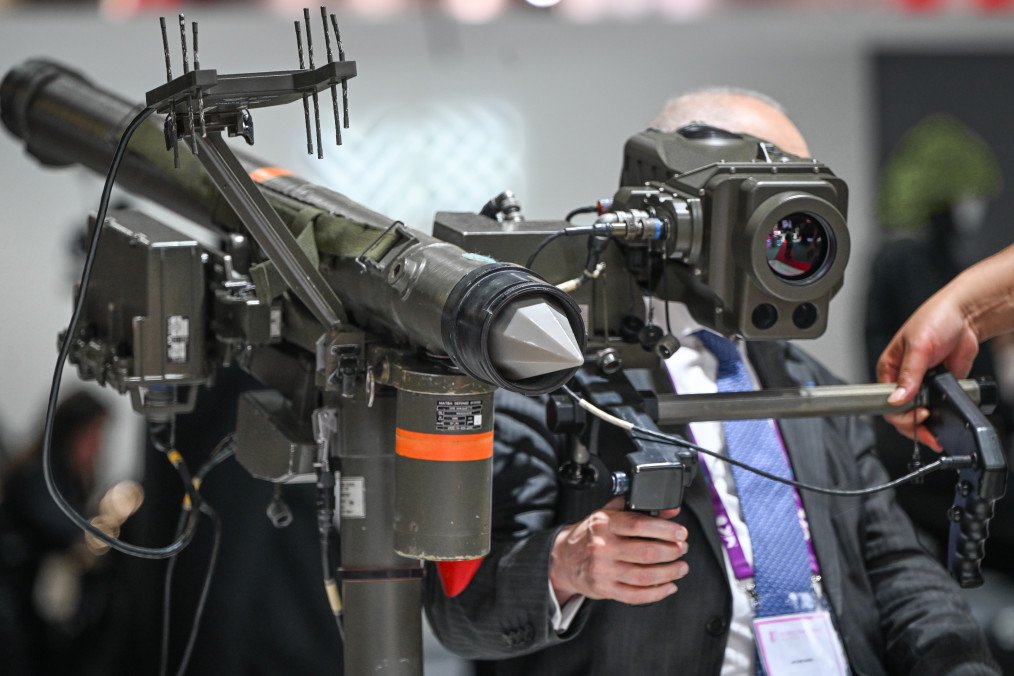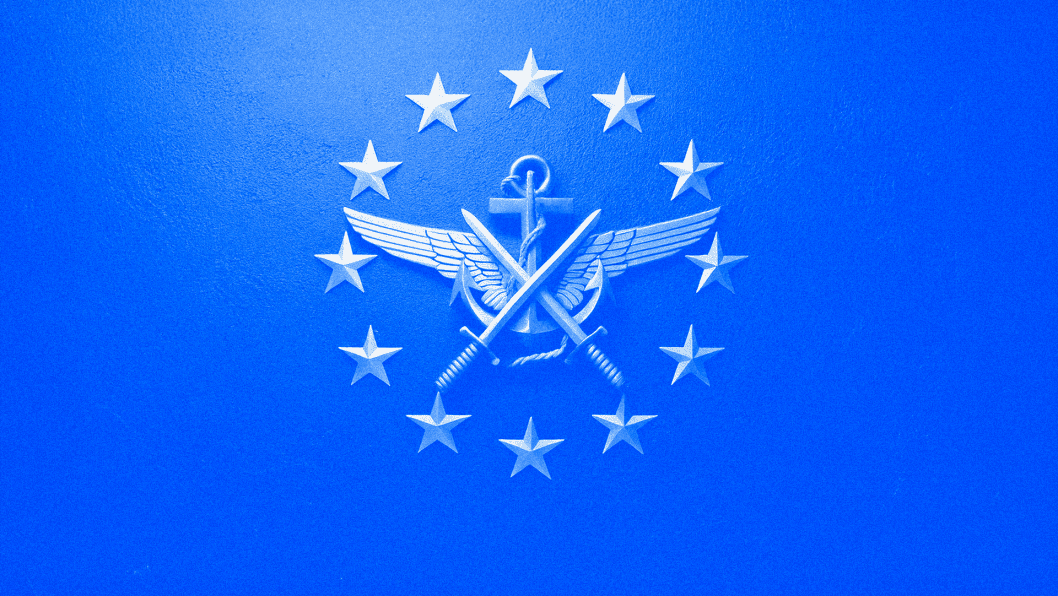- Category
- Latest news
How France’s €40 Billion Defense Investment Could Impact Its Economy by 2026

European nations are preparing to bolster their defense capabilities in response to the growing Russian threat and shifting global security dynamics.
The 27 member states of the European Union are poised to allocate up to €800 billion for military investments, with Germany alone planning to invest €1.5 trillion over the next decade to strengthen its armed forces and modernize its infrastructure.
In France, President Emmanuel Macron has proposed increasing military spending from 2.1% of GDP to between 3% and 3.5%, translating to an additional €40 billion per year according to a report published on March 31 by French News outlet Les Echos.
Although the French Ministry of Economy and Finance later moderated this target, the country is still on track to allocate tens of billions of euros to strengthen its defense.
The question now is how this will impact France’s economy.
Forecasters suggest that the economic effect will be positive, but not immediate. The military effort could start supporting France’s GDP growth as early as next year, according to the report.
Stéphane Colliac, BNP Paribas' head of advanced economies, indicated that defense spending could contribute an additional 0.3% to France’s GDP by 2026, one-third of which will come from the increase in domestic military spending and two-thirds from the broader European defense efforts, particularly Germany’s plan.
Other economists warn that the swift increase in defense spending could lead to a “crowding-out” effect, where funds for other budgetary areas are reduced.
Alexandre Stott, an economist at Goldman Sachs, cautioned in Les Echoes, that in order to finance defense investments without exceeding the public deficit, the government might have to cut other expenditures or raise taxes, potentially negating any positive effects on growth. Stott predicts the impact of European defense plans in France will likely be limited to just 0.1% in 2026 and 2027.
French President Macron ruled out raising taxes to finance defense spending, which suggests that cuts in other areas of the budget may be necessary. Economists like Julien Lecumberry of Crédit Mutuel Arkéa warn that increasing the public deficit could erode investor confidence, particularly given rising sovereign interest rates across Europe due to rearmament plans.

France, with its industrial capacity and expertise, is well-positioned to benefit from increased defense spending. The country is a leader in Europe, managing value chains effectively and already producing a significant amount locally.
The economic returns could be substantial, with each euro spent likely generating a high yield, said Anthony Morlet-Lavidalie of Rexecode to Les Echoes.
As the second-largest arms exporter globally, France could secure new contracts from European partners, which currently account for only 15% of its defense sales.
This would improve the commercial surplus in the defense sector, which is expected to approach €5 billion by 2024. Many subcontractors in metallurgy, chemistry, and plastics could find new business opportunities, provided they reorient some of their production lines.
However, the surge in military demand may face production constraints. The war in Ukraine and the increased defense needs across Europe have already pushed production capacity utilization to 90%, according to INSEE. Supply chain challenges and recruitment difficulties are also more acute than in other sectors.
Yann Tampéreau, Chief Economist at the Caisse des Dépôts, warned in Les Echoes report that without significant investment in production capacity, rearmament will be costly in imports, offering fewer job opportunities and less value added, with the risk of inflation.
The Ministry of the Armed Forces and the French Ministry of the Economy and Finance have estimated that €5 billion will be required to support the defense sector’s capacity.
Earlier, a French court convicted Marine Le Pen, leader of the far-right National Rally party, of misusing European Parliament funds.
-554f0711f15a880af68b2550a739eee4.jpg)

-111f0e5095e02c02446ffed57bfb0ab1.jpeg)


